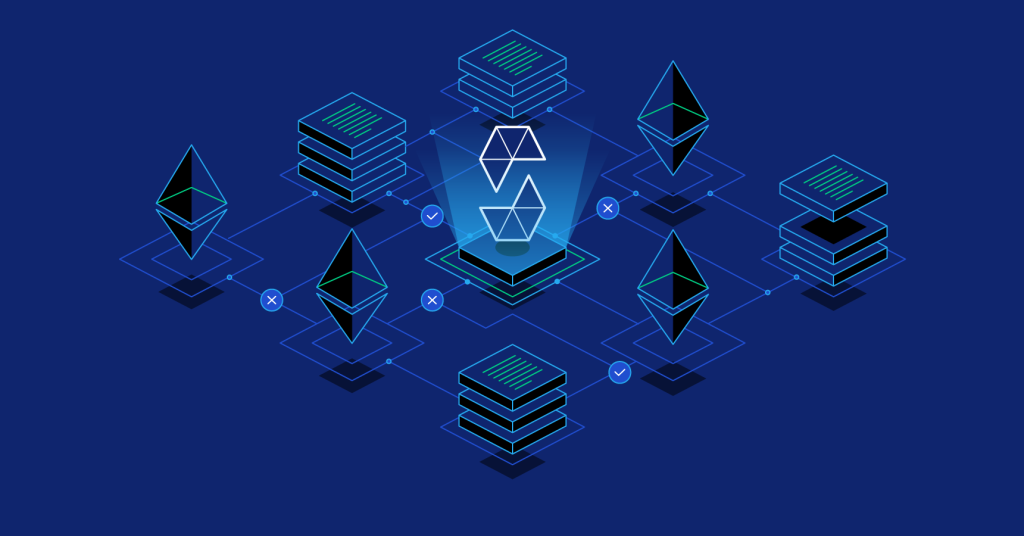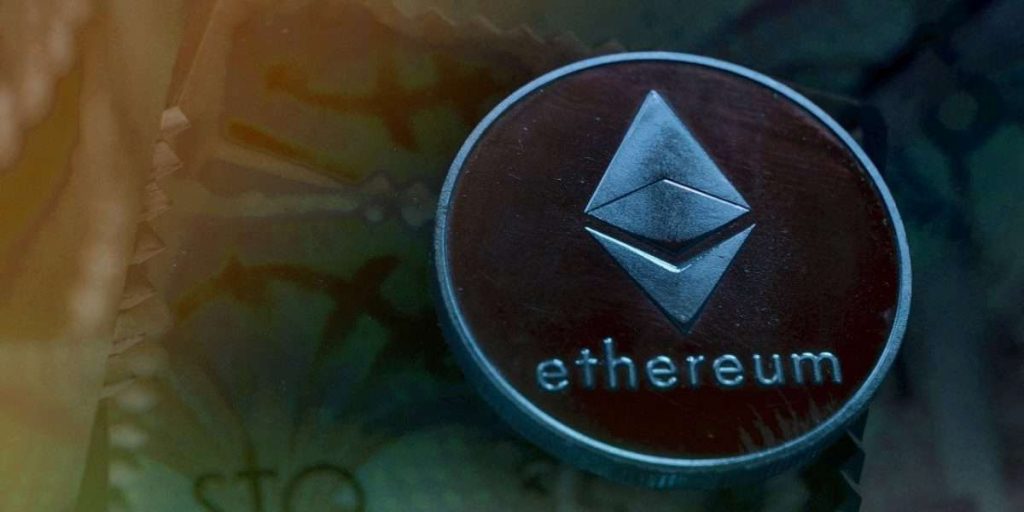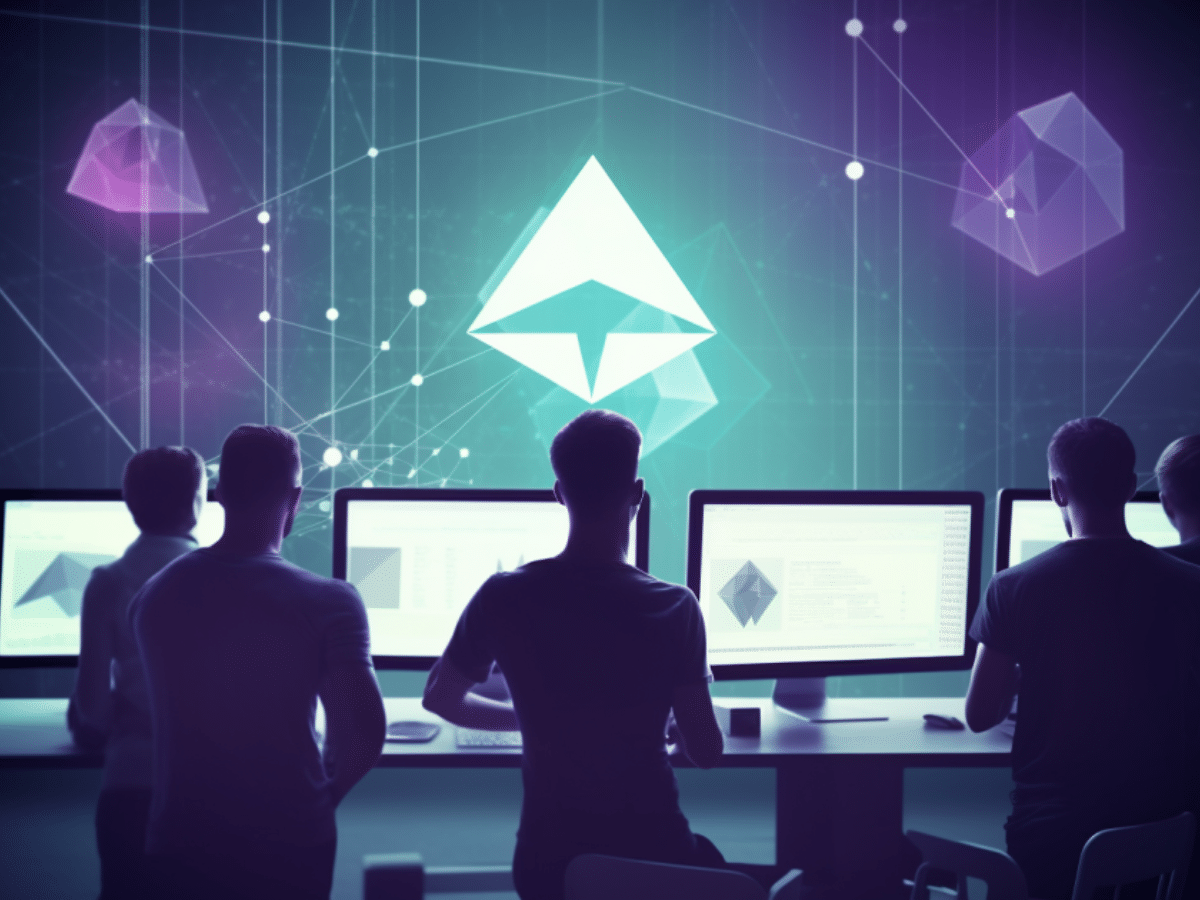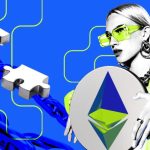In the ever-evolving landscape of blockchain technology, Ethereum has emerged as a powerhouse, enabling the creation of decentralized applications (DApps) and smart contracts. However, there’s a crucial bridge that needs to be built between the blockchain and the real world for these applications to reach their full potential. This is where oracles come into play. In this article, we’ll delve into the essential role of oracles in connecting Ethereum with the real world.
Ethereum has revolutionized how we perceive blockchain technology, offering a platform where developers can create and deploy DApps and smart contracts. However, these applications often require real-world data to function effectively. This is where the concept of oracles becomes paramount.
Understanding Oracles

Oracles can be thought of as bridges between the blockchain world and real-world data. They facilitate the communication of external information to smart contracts, allowing these contracts to execute actions based on real-time events or conditions. In essence, oracles enable blockchains to interact with and respond to the outside world. Ethereum’s smart contracts are designed to execute autonomously, but they lack the ability to fetch external data independently. Imagine a decentralized insurance contract that needs to trigger a payout when a flight is delayed. An oracle can provide the up-to-date flight information needed to determine whether the contract’s conditions have been met.
Types of Oracles
Data Source Oracles
These oracles retrieve information from various sources, such as APIs, websites, and databases. They play a vital role in delivering real-time data to smart contracts.
Hardware Oracles
Hardware oracles focus on collecting data from the physical world. They are used in scenarios where data from IoT devices, sensors, or other hardware components is required.
Software Oracles
Software oracles interpret and process data before transmitting it to the blockchain. They ensure that the data is in a format that smart contracts can understand and use.
Consensus Oracles
Consensus oracles aggregate data from multiple sources to provide a reliable and accurate data feed. They help mitigate the risks associated with incorrect or manipulated data.
How Oracles Work
Oracles fetch data from their designated sources. This could be financial data, weather updates, sports scores, or any other information relevant to the smart contract’s functionality. Once the data is retrieved, oracles verify its authenticity and accuracy. This step is crucial to prevent faulty or tampered data from affecting the execution of smart contracts. After validation, the oracle transmits the data to the blockchain. Smart contracts can then use this data to make informed decisions and execute actions accordingly.
Ensuring Reliability and Security

Some oracle systems incorporate reputation mechanisms that assign trust scores to oracles based on their historical performance. This encourages accurate data reporting. Decentralized oracles distribute data retrieval and validation across multiple participants, reducing the risk of a single point of failure or manipulation. Escrow services can be utilized to hold funds as collateral. If an oracle provides incorrect data, it can be penalized by losing the collateral, ensuring a higher level of accuracy.
Oracles are integral to the functioning of DeFi protocols. They provide the up-to-date price feeds required for activities like decentralized trading, lending, and stablecoin issuance.
In supply chain applications, oracles can track the movement of goods and verify their authenticity. This helps enhance transparency and traceability in complex supply chains. Gaming platforms leverage oracles to facilitate real-time interactions, enable in-game purchases, and ensure fairness in outcomes.
Challenges and Limitations
Oracles heavily rely on accurate data. Ensuring that the fetched data is trustworthy is a significant challenge. Malicious actors may attempt to manipulate oracles to provide false data, potentially disrupting smart contract execution. As blockchain adoption grows, the scalability of oracle networks becomes a concern. Ensuring timely data delivery to numerous contracts is a complex task. As blockchain technology matures, oracles will likely become more sophisticated and reliable. Integration with artificial intelligence and advanced data verification mechanisms could further enhance their capabilities.





